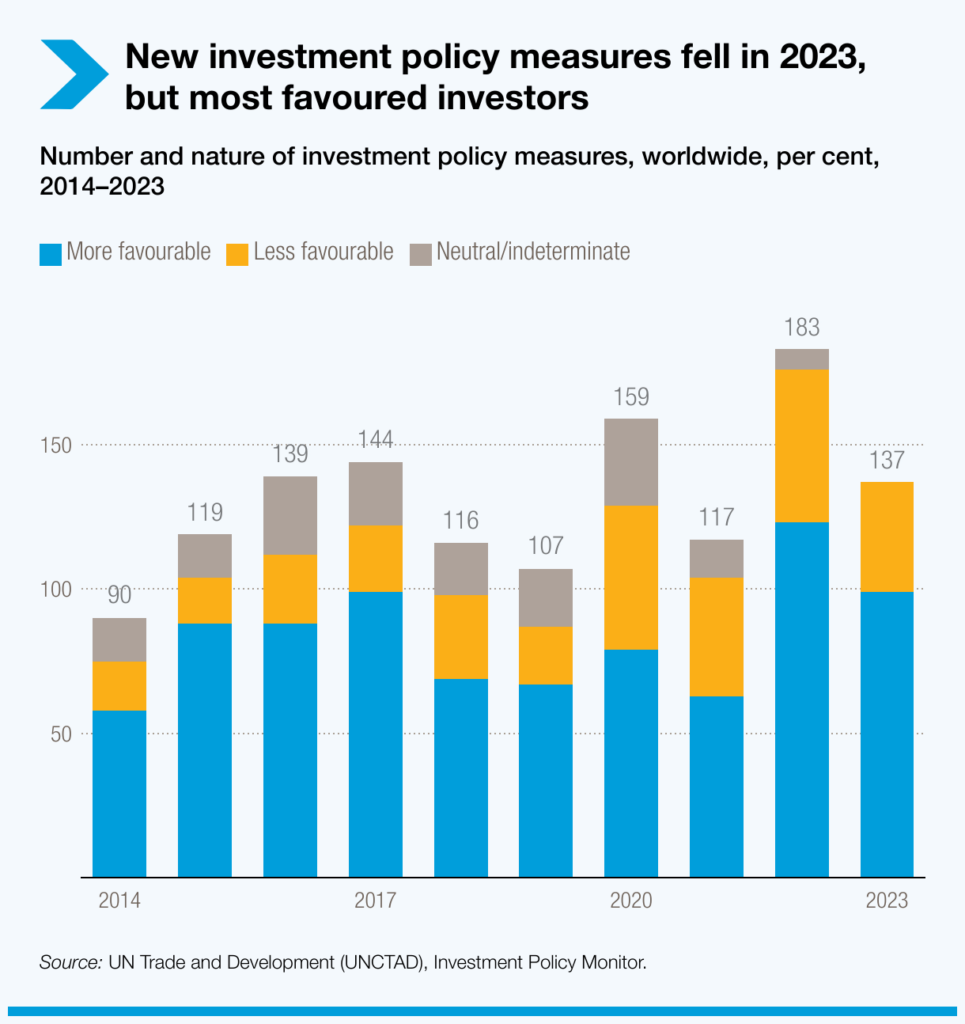Why is Foreign Investment Important for Indonesia?
Investment plays a crucial role in driving national economic growth, including through Foreign Direct Investment. The presence of foreign investors strengthens economic development, creates job opportunities, and introduces modern technology and management systems that enhance the competitiveness of industries in Indonesia.
Understanding the Legal Basis and Regulations of Foreign Investment
The main regulation concerning Foreign Investment is Law Number 25 of 2007, reinforced by Law Number 11 of 2020 on Job Creation, which simplifies licensing, expands business sectors, and enhances legal certainty.
Furthermore, Presidential Regulation Number 10 of 2021 regulates business sectors that are open or restricted to foreign investors. Several strategic sectors, such as ports, airports, electricity, and certain medical services, remain subject to foreign ownership restrictions in order to safeguard national interests.
The legal basis for Foreign Investment in Indonesia includes:
- Law Number 25 of 2007 on Investment.
- Law Number 40 of 2007 on Limited Liability Companies.
- Presidential Regulation of the Republic of Indonesia Number 44 of 2016 on the List of Business Fields that are Closed and Business Fields that are Open with Requirements in the Investment Sector.
- Regulation of the Head of the Indonesian Investment Coordinating Board Number 14 of 2015 on Guidelines and Procedures for Principle Licenses of Investment.
- Regulation of the Head of the Indonesian Investment Coordinating Board Number 6 of 2018 on Guidelines and Procedures for Licensing and Investment Facilities.
- Presidential Regulation of the Republic of Indonesia Number 20 of 2018 on the Use of Foreign Workers in Indonesia.
Aligning the Role of Investment with Economic Growth
Investment plays an essential role in fostering national economic development. Foreign Investment is carried out by foreign investors, either entirely with foreign capital or through partnerships with domestic investors.
To support this role, the government has established several regulations, primarily through Law Number 25 of 2007 on Investment, which serves as the main legal framework governing the rights, obligations, and protections for investors.
Legal reforms were later made through Law Number 11 of 2020 on Job Creation, which simplified licensing processes, expanded business sectors open to investors, and enhanced legal certainty. This revision aimed to create a more competitive investment climate through deregulation, debureaucratization, and business licensing simplification.
Business Sectors Open and Restricted to Foreign Investors
Indonesia seeks to open itself to foreign investment; however, some business sectors remain restricted. Presidential Regulation Number 10 of 2021 outlines the list of business sectors that are open and restricted to foreign investors.
Several strategic sectors with foreign ownership restrictions include:
- Ports
- Development and operation of airports
- Electricity production and distribution
- Certain medical services
These restrictions are imposed to protect national interests and vital sectors of the state.
Benefits and Advantages of Foreign Investment for the Economy
Foreign Direct Investment provides several significant benefits, including:
- Faster economic growth due to additional capital.
- Increased competitiveness of domestic industries through the adoption of new technology and innovations.
- Creation of new jobs for local communities.
- Growth of foreign exchange reserves through exports by foreign companies.
The Government’s Role in Creating a Conducive Investment Climate
The government plays a crucial role in attracting foreign investors through the following measures:
- Establishing clear, transparent, and consistent regulations.
- Providing investment incentives such as tax reliefs, licensing facilities, and benefits in special economic zones.
- Improving infrastructure quality to support smooth business activities.
- Maintaining political and economic stability as key factors in investment decisions.
- Encouraging partnerships between foreign and local companies to maximize investment benefits.
Author:
Ni Putu Ayu Mandalay Shasa Alba Chiara, S.H.
Editor:
Anak Agung Made Shintya Dewi
Advisory Board:
I Wayan Sudarsana, S.H.
Anak Agung Alit Juliarta, S.Pd., S.I.Kom., M.Par.
References:
Indah Sari, 2020, Syarat-Syarat Penanaman Modal Asing (PMA) Di Indonesia Menurut Undang-Undang Nomor 25 Tahun 2007 Tentang Penanaman Modal, Jurnal Ilmu Hukum Dirgantara, Volume 10, Nomor 2, Universitas Dirgantara Marsekal Suryadarma, Jakarta.
Gusti Ngurah Sudarma Yuda, I Nyoman Putu Budiartha, dan Ni Made Puspa Sutari Ujianti, 2021, Pengaturan Pendirian Perusahaan Penanaman Modal Asing (PMA) Di Indonesia, Jurnal Interpretasi Hukum, Volume 2, Nomor 1, Universitas Warmadewa, Denpasar.
Sri Nurnaningsih Rachman, Herry M Polontoh, Jesslyn Elisandra Harefa, Amstrong Harefa, dan Tora Yuliana, 2025, Analisis Hukum Terhadap Aturan Hukum Penanaman Modal Asing Dalam Mendorong Investasi Di Indonesia Legal Analysis Of Foreign Investment Legal Regulations In Encouraging Investment In Indonesia, Jurnal Hukum Lex Generalis, Volume 6, Nomor 4, Gorontalo.


